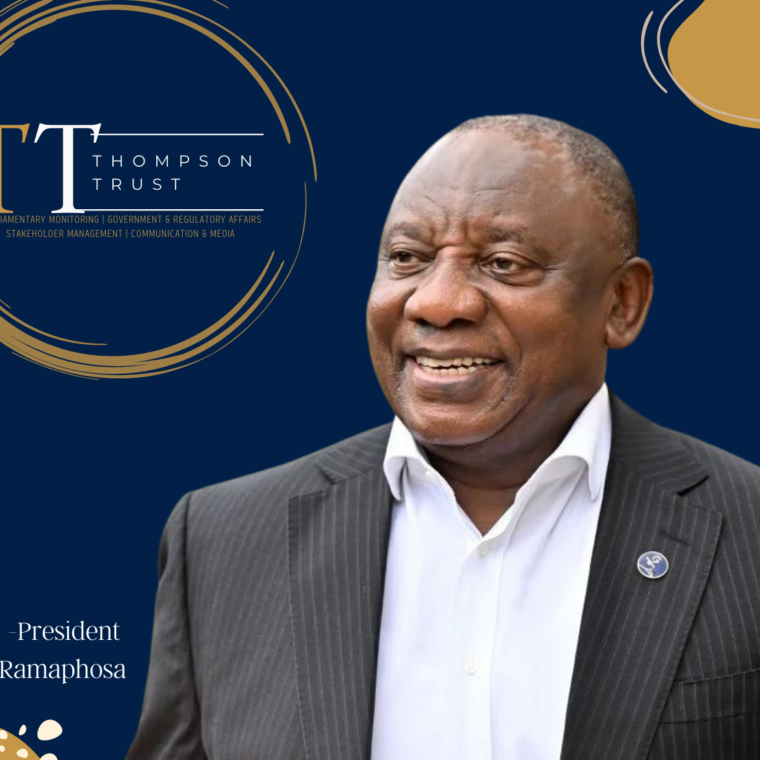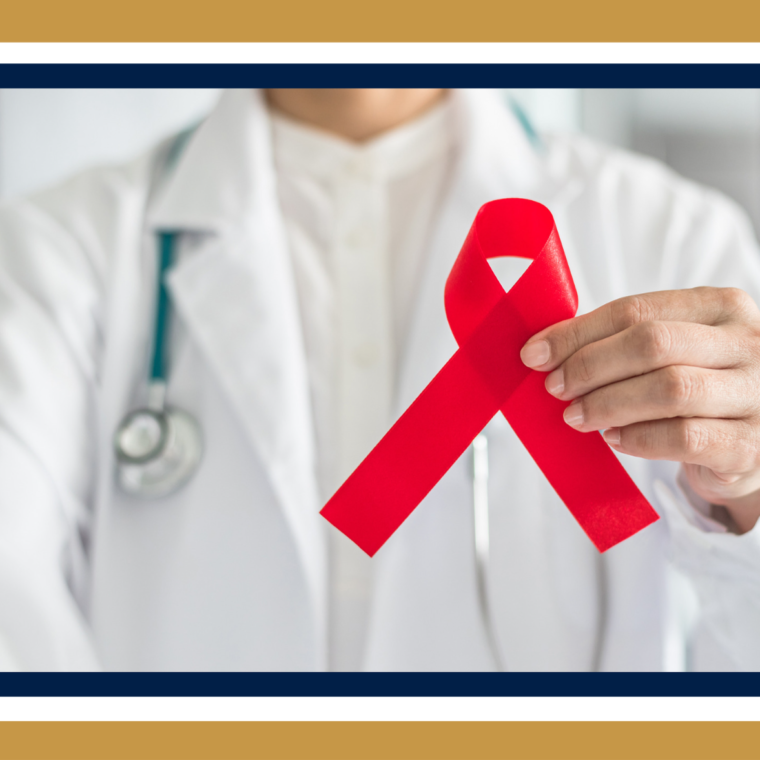2 November 2022
For the soundbites of the Members of the PAP delegation quoted on the media release below, click on the following link: https://tinyurl.com/za9nyp39
Parliament’s delegates to the Pan-African Parliament (PAP) have urged their counterparts to encourage and support young people to study agriculture and food production to ensure food security in the continent.
The delegation was speaking yesterday during the debate on the report of the PAP Committee on Rural Economy, Agriculture, Environment and Natural Resources held under the African Union theme for 2022 titled, “Strengthening nutritional resilience and food security on the African continent: strengthening Agri-food, health and social protection systems for the acceleration of the development of human, social and economic.”
In its report the Committee recommended that, amongst others, African Parliamentarians should play a critical role in advocating and lobbying for enabling laws and policies that promote the agenda of food and nutrition security at national, regional and continental level.
Prof Mathole Motshekga, a member of Parliament’s multiparty delegation to the PAP, said the debate and the AU theme for 2022 calls on Member States to build resilience in nutrition on the continent and to accelerate human, social and economic development. “The theme has come at a time when Africans were reawakened to the fact that the continent was not only the cradle of humanity, the Arts, Sciences and Philosophy but was also the breadbasket of the world.”
He said because Africa is a youthful continent “the African youth are now wondering why Africa is underdeveloped and suffering from extreme poverty, food insecurity, malnutrition and stunting which is the greatest impediment to human, social and economic development.”
Chief Whip of the Majority Party in the National Assembly, Ms Pemmy Majodina, told the session that the provision of food security to citizens is one of the most important responsibilities each Member State has to its citizens.
“Food security is a basic human right, and therefore any government that fails to cater and provide the basic needs to its citizens is likely to face instability, threats and challenges of legitimacy because a hungry stomach cannot listen to anything, so we have a responsibility of ensuring that we stop being beggars where we import and export everything as an African continent. We have a responsibility to feed our people,” said Ms Majodina, who was elected the Chairperson of the PAP Southern Caucus in July 2022.
Some of the mechanisms that she suggested be put in place includes paying graduates competitive salaries to ensure that they remained in the continent – thereby preventing a brain drain. She also called upon MPs to ensure that their countries take advantage of the Africa Continental Free Trade Areas (AfCFTA) to trade with each other and encourage intra Africa investment in agriculture.
“It is important that we must stop outsourcing our land as Africa, we have outsourced the land to people who are outside the continent and they produce food and sell that food to us, is that what we want to be as Africans,” said Ms Majodina.
Other recommendations of the Committee includes that the Member States should endeavour to develop strong, prioritized country strategies to fight hunger and malnutrition in all its forms in the continent; that the African Union Commission, and all partners, should mobilize political commitment of AU member states to recommit to Home Grown School Feeding programme and to engage the private sector to invest more on the programme and reach out to the vulnerable communities to access at least one healthy meal per day in school – through initiatives such as the global school meals coalition and healthy diets coalition.
Ms Majodina told the session that South was a step ahead on the school nutrition programme as “each and every school gets two meals per day, at times that is the only meal that the children can get….”
The PAP already has a blueprint in the form of a Model Law on Food and Nutrition Security in Africa which envisages to make a significant contribution to improving food security and nutrition in the continent, and to complement other African Union and regional efforts. The Model Law, once adopted by the AU and the Member States, stands to be a useful tool to influence national policies and legislations to be nutrition sensitive.
Yesterday’s debate was part of activities scheduled during the First Ordinary Session of the PAP’s sixth Parliament, currently happening in Midrand until 12 November 2022.
Today’s programme will focus on a high level parliamentary dialogue on democracy, human rights and governance in Africa under the theme: “Unconstitutional changes in government and political transitions in Africa.”
ISSUED BY THE PARLIAMENTARY COMMUNICATION SERVICES ON BEHALF OF THE DELEGATION TO THE PAN AFRICAN PARLIAMENT





